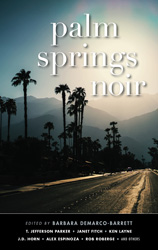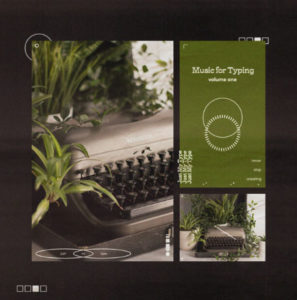Now, I don’t have an MFA and so maybe that’s why I especially like the article I’m about to talk about. MFAs are okay–especially if you want to teach or if you want to be in a writing environment for a couple of years–but they are just not necessary if you want to be a writer. I known so many writers who, when they don’t get into the MFA program of choice, believe, if only for a little while, that they’ve failed, somehow, as a writer. What is necessary for a writer is not an MFA but the cultivation of that esoteric thing called voice.
In the July August issue of Poets & Writers, James Frey, author of My Friend Leonard
, talks about voice.
Writer Daniel Nester says, “One thing that occurred to Frey was that most of the wriers he loves–Baudelaire, Rimbaud, Celine, Hemingway, Fitzgerald, Kerouac and Bukowski–taught themselves how to write. ‘They didn’t go to school for it, they didn’t have mentors who explained to them how to do things or now,’ he says. ‘They just sat down and started working. They kept working until they were able to do what they wanted to do.'”
And…
“But Frey didn’t want to be just a writer–he wanted to be unique. ‘I read all these people and I started thinking about what they all had in common,’ he says. ‘And the most obvious thing was that, when their books came out, there was nothing like them that had preceded them’…. And so Frey reasoned, he needed to find a style of writing that was new, fresh, unlike anything that had come before. It took years to find that voice, he says.”
Check out the entire article. It’s a good one. I’d post the link to the piece if there was one, but it’s only excerpted at www.pw.org. You gotta go out and buy the magazine, or stand in the bookstore and read it.
He’s coming on my show on 6/30 at 5:30 p.m. PT. In my view, he’s a writer’s writer. You can listen online at www.kuci.org. (The side panel on this page has a link that connects to the KUCI-FM Web site.)



 Support Indie bookshops and this site by purchasing books through my BookShop
Support Indie bookshops and this site by purchasing books through my BookShop
